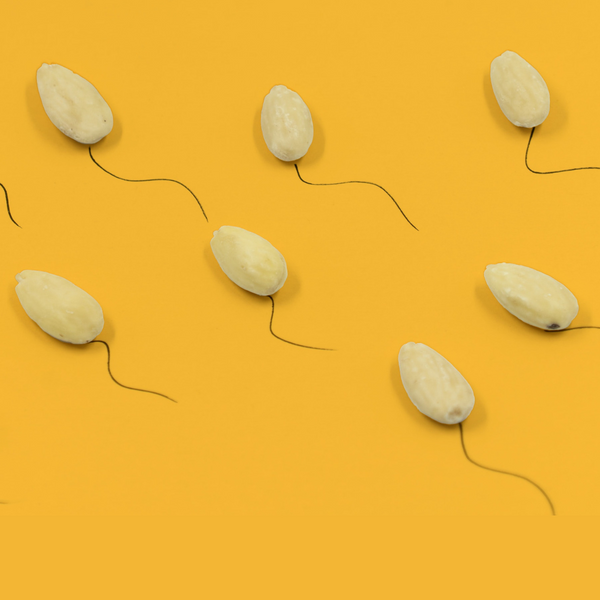
Article
Article
Posted on
If you are undergoing FET it can feel daunting so we have put together some tips on how to prepare and key nutrients to include during your transfer.
Your endometrium will be carefully monitored, once your endometrium reaches a certain thickness the embryo can be transferred. For some individuals, FET will be supported by hormones to mimic the body’s cycle and thicken your endometrium. For others, this will happen without hormonal injections and transfer will be determined when you ovulate naturally.
During the second phase of the menstrual cycle, your body naturally produces progesterone, this progesterone helps the endometrial lining develop and thicken. A thick endometrium is vital for successful implantation.
During implantation, the embryo will attach itself to the endomtrium and starts to burrow. The embryo will start to receive oxygen and nutrients from the mother and grow and develop into a foetus.
When thinking about fertility we are often thinking about how can we get our egg and sperm health in the best possible shape. However, when we are preparing for FET the embryo has already been created and our main goal is preparing the endometrium for implantation. This means supporting progesterone levels and a thick endometrial lining..
We have highlighted some key nutrients for FET.
FET can be a stressful time, therefore it is important to do everything you can to reduce and manage this as much as possible.
Omega-3 fatty acids EPA and DHA are researched to help support anxiety and depression. They are also anti-inflammatory which can support implantation.
Boost your feel-good hormones – play music, see friends and family, and laugh! Gentle movement like walking can also help but avoid high-intensity exercise, your body also needs to rest.
Manage blood sugar levels, whilst it can be a stressful time which can lead to cravings try and include plenty of high fibre complex carbohydrates which can help prevent blood sugar spikes and control your mood.
You may want a bath to help relax however, it is best to avoid hot baths as heat damage can damage the embryo so stick to showers until the pregnancy test. Try relaxing essential oils in the evening instead.
For those going through FET, we recommend taking our Frozen Embryo Transfer support pack which contains all the nutrients your body needs through this time, including your essential prenatal vitamins such as 400mg of folic acid in the active form folate.

Article

Article

Article